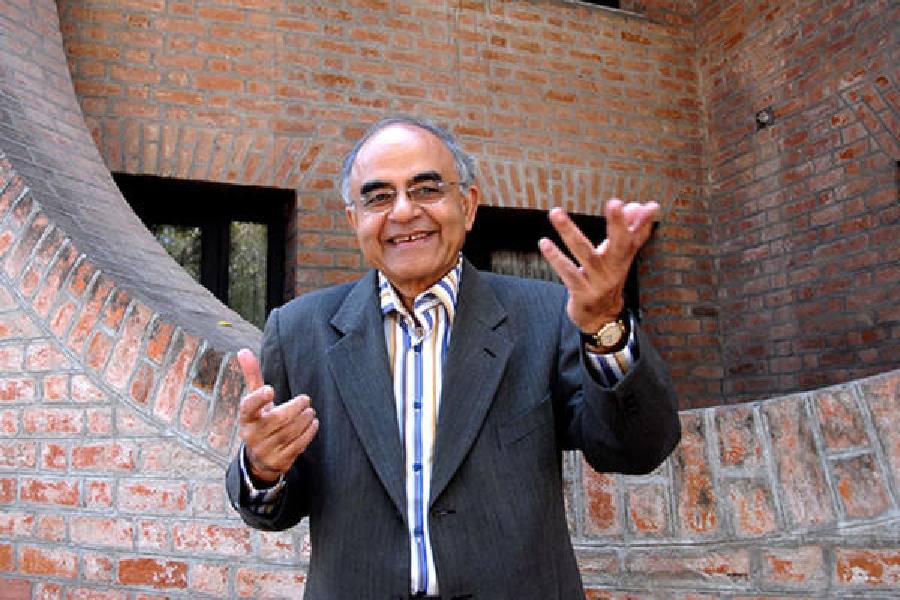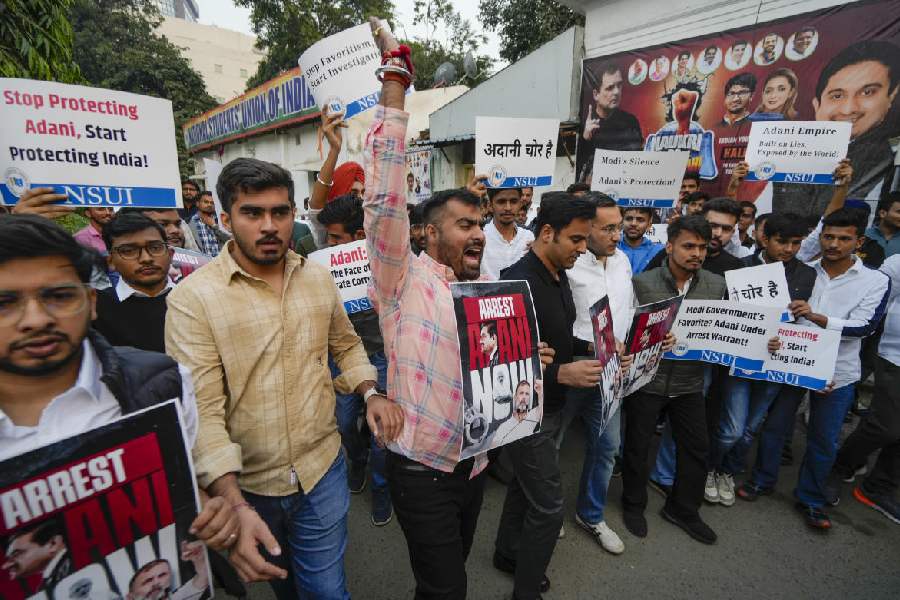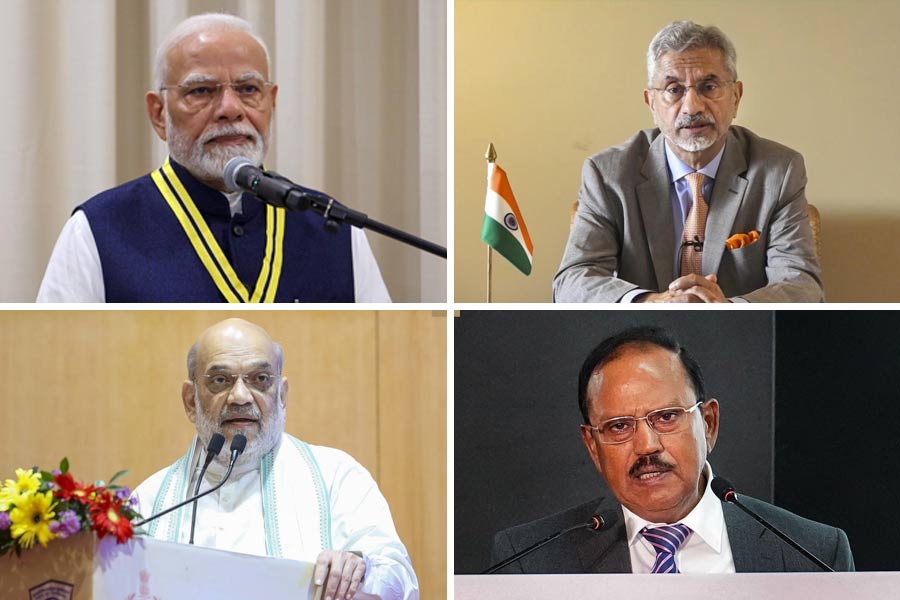Book: Another Sort of Freedom: A Memoir
Author: Gurcharan Das
Published by: Allen Lane
Price: Rs 699
Gurcharan Das admits he’s a natural show-off, and prone to name-drop to gesticulate a wrinkle in time. But he tries to curb his instincts here. The former head of Procter & Gamble takes us through the 1960s and the 1970s in Boston and Oxford and describes uniquely how his feet remain rooted in Indian soil. He encounters Sanskrit, rhetorical questions, white women he wants to sleep with, his own genius, and the fact that even Harvard graduates have to do something with their lives. Each chapter is artistically named (one is called “The Mouse Merchant”, after a story in the English translation of the Sanskrit volume called Kathasaritsagara) and has a quoted epigram (“The Mouse Merchant” has one from The Office (US) character, Jim Halpert, a hearty asynchrony of reference; for comparison, another chapter’s adage is from the thinker, Nietzsche).
No South Asian person ever forgets feeling a foreign fascination with the ersatz candour of the photographs and the (often) tepid avant-garde credentials of some editorials on reading a Western magazine for the first time. In arresting fashion, the West seems to sell itself to us through the fecundity of its institutions and the zeal of its postmodern arcana. As a student, Das is firmly taken by the charms of these cathedrals of culture and civilisation. He also realises that sermons on the metaphysical nature of being don’t fit an evening supper with an uppity guest in your Indian household. His home and its airs contain the past and the present in whirls of firm irony: Das’ family serves the guest tea in second-class crockery because their fine bone china “had been left behind in Lahore during the Partition.” Das’s memoir is a document of steady honesty about being silly and pompous, and its great charm is the mundanity with which it imbues even veritable celebrities. Das met the who’s who of the twentieth century in a temporal alchemy that can be traced in what he is today: polymath litterateur, jack of all trades, memoirist. Western luminaries and icons of civilisation liberated him, and his education in philosophy unblinded him to the sundry passions of a different life. It is the glorious aftermath of this epiphany that the book captures in humorous and profound vignettes. It’s an unassumingly amusing piece of work.
This is not the first memoir Das has written. His works beginning from two decades ago span the subjects of the Indian economy, the essential goodness of being, and bottling sensuality. Even so, one essential critique of memoirs and their rapid domination of publishing cycles is that they have ceased to be about household names, where, in a manner similar to Midas’ touch, a normal juncture in time used to occupy the veneer of significance merely through their description. The democratisation of the memoir to other domains, as admirably put by the historian, Paula S. Fass, is a symptom of a larger engagement with the past and a beachcombing of history to unearth things perhaps overlooked, reinstating our faith in the normalness of our present and some borrowed hope for living through it.
Das’s memoir is a successful exercise in this vein, as, in its knowing solipsism and reckless erudition, it achieves the illusion of an origin story. Its laurels lie in renegotiating Das’s relationship with India and in prodding inquiries about how one can’t help but find one’s life reflected in the rushed but placid waters of this great nation.











